Unlocking the Secrets to Confidence: A Comprehensive Guide
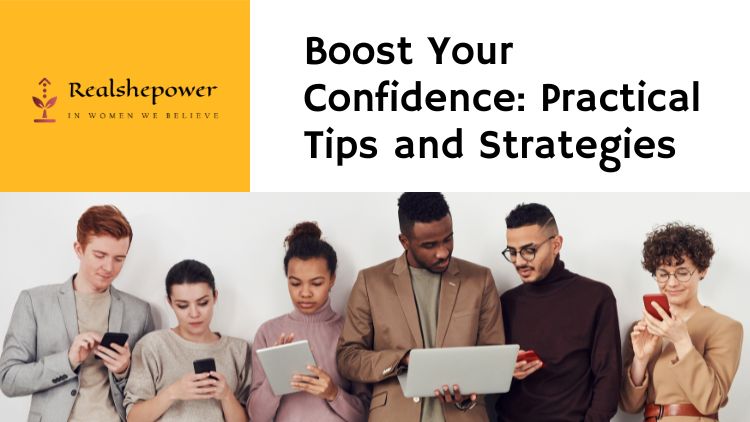

As human beings, we all have moments of self-doubt and uncertainty. Whether it’s starting a new job, giving a presentation, or meeting new people, it’s natural to feel nervous or anxious at times. However, confidence is a key ingredient in achieving our goals and living a fulfilling life. It’s not just a feeling but a belief in our abilities, qualities, and judgments.
But how do you become more confident? Is it something that can be learned or developed over time? The answer is yes. In this article, we’ll explore the science behind confidence and provide practical tips to help you boost your self-assurance in various areas of your life.
Table of Contents
What is Confidence?
Confidence is a belief in one’s abilities, qualities, and judgments. It is the belief that you can accomplish a task or handle a situation successfully. Confidence is often seen as a positive trait, as it can lead to improved performance, better relationships, and increased happiness.
However, confidence is not the same as arrogance. Arrogance is an overestimation of one’s abilities, while confidence is a realistic belief in oneself. Confident people are aware of their strengths and weaknesses, and they use their strengths to overcome their weaknesses.
Why is Confidence Important?
Confidence is important for several reasons. Here are a few:
- Improved Performance: People who are confident in their abilities tend to perform better. They are more likely to take risks, learn from their mistakes, and persevere in the face of challenges.
- Better Relationships: Confident people are more likely to attract positive people and form strong relationships. They are also more likely to stand up for themselves and communicate effectively.
- Increased Happiness: Confident people tend to be happier and more satisfied with their lives. They are more likely to pursue their passions and live a fulfilling life.
How to Be Confident?
Now that we understand the importance of confidence, let’s explore some practical tips to help you boost your self-assurance. These tips are based on research from psychology and personal anecdotes.
- Practice Self-Talk: The way you talk to yourself can have a significant impact on your confidence. Negative self-talk can lead to self-doubt and anxiety, while positive self-talk can boost your self-assurance. Try to replace negative thoughts with positive affirmations, such as “I can do this” or “I am capable.”
- Use Body Language: Your body language can also affect your confidence. Standing tall, making eye contact, and using expansive gestures can make you feel more powerful and confident. On the other hand, slouching, avoiding eye contact, and fidgeting can make you feel insecure.
- Set Goals and Achieve Them: Setting and achieving goals can give you a sense of accomplishment and boost your confidence. Start by setting small, achievable goals and gradually work your way up to bigger ones.
- Face Your Fears: Fear can hold you back from achieving your goals and living a fulfilling life. Facing your fears can help you overcome them and build confidence. Start by taking small steps, such as speaking up in a meeting or trying a new activity.
- Surround Yourself with Positive People: Surrounding yourself with positive and supportive people can boost your confidence and help you achieve your goals. Avoid negative people who bring you down or make you doubt yourself.
- Practice Self-Care: Taking care of yourself can help you feel more confident and resilient. This includes getting enough sleep, eating a healthy diet, and exercising regularly. When you feel good physically, you are more likely to feel good mentally and emotionally.
- Learn New Skills: Learning new skills can boost your confidence and give you a sense of accomplishment. Consider taking a class, attending a workshop, or trying a new hobby.
- Celebrate Your Accomplishments: Celebrating your accomplishments, no matter how small, can help you build confidence and reinforce positive behavior. Take the time to acknowledge your hard work and success.
Answers to Common Questions
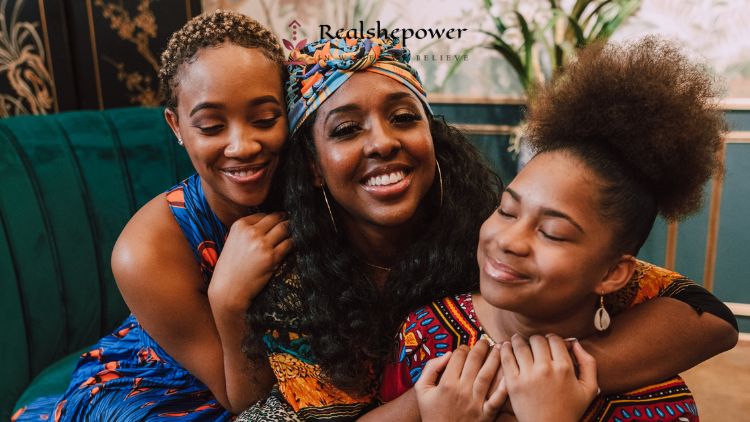
Can therapy help with confidence?
Yes, therapy can be an effective way to build confidence. A therapist can help you identify negative thought patterns and develop strategies to overcome them. They can also provide a safe and supportive environment to practice new behaviors and build self-assurance.
Is it possible to be too confident?
Yes, it is possible to be overconfident. Overconfidence can lead to a lack of preparation, risk-taking, and poor decision-making. It’s important to maintain a healthy level of confidence and remain open to feedback and criticism.
How can I build confidence in social situations?
Building confidence in social situations can be challenging, but it’s important to remember that everyone experiences social anxiety to some extent. Practice positive self-talk, focus on your strengths, and take small steps to engage with others. Remember that social interactions are a two-way street, so try to be present and engaged in the moment.
What role does self-esteem play in confidence?
Self-esteem and confidence are closely related, but they’re not the same thing. Self-esteem is a measure of how much you value and respect yourself, while confidence is a belief in your abilities and judgment. A healthy level of self-esteem can help support confidence, but it’s possible to have confidence without high self-esteem.
Can confidence be learned?
Yes, confidence can be learned and developed over time. It’s a skill that can be improved with practice and effort.
How can I maintain confidence in the face of failure?
Failure can be a setback to confidence, but it’s important to remember that everyone experiences failure at some point. Practice self-compassion, focus on what you learned from the experience, and use it as an opportunity to grow and improve.
Is it possible to fake confidence?
It’s possible to appear confident, but true confidence comes from a belief in your abilities and judgment. Faking confidence can lead to imposter syndrome and a lack of authenticity. It’s important to focus on building genuine confidence through practice and effort.
We hope these FAQs have helped answer some common questions about confidence. Remember, building confidence is a journey, and it takes practice and effort. But with the right mindset and tools, anyone can become more confident and achieve their goals.
Conclusion:
Confidence is a valuable asset that can help you achieve your goals and live a fulfilling life. By practicing positive self-talk, using confident body language, setting goals, facing your fears, and taking care of yourself, you can develop the confidence you need to succeed.
Remember that building confidence is a process that takes time and effort, but with consistent practice, anyone can learn to be more self-assured.
Sources:
- Bandura, A. (1977). Self-efficacy: toward a unifying theory of behavioral change. Psychological review, 84(2), 191.
- Kashdan, T. B., & Rottenberg, J. (2010). Psychological flexibility as a fundamental aspect of health. Clinical psychology review, 30(7), 865-878.
- Marques, S. C., Lopez, S. J., & Pais-Ribeiro, J. L. (2011). “Building Hope for the Future”: A Program to Foster Strengths in Middle-School Students. Journal of Happiness Studies, 12(1), 139-152.
- Neff, K. D., & Germer, C. K. (2013). A pilot study and randomized controlled trial of the mindful self-compassion program. Journal of clinical psychology, 69(1), 28-44.
- Rosenberg, M. (1965). Society and the adolescent self-image. Princeton, NJ: Princeton University Press.
- Tiedens, L. Z., & Fragale, A. R. (2003). Power moves: Complementarity in dominant and submissive nonverbal behavior. Journal of personality and social psychology, 84(3), 558.
Summary in Bullet Points:
- Confidence is a belief in one’s abilities, qualities, and judgments.
- Confidence is important for improved performance, better relationships, and increased happiness.
- Practice positive self-talk and use confident body language.
- Set goals, face your fears, and learn new skills.
- Surround yourself with positive people and practice self-care.
- Building confidence takes time and effort, but anyone can learn to be more self-assured.
Read: 7 Effective Strategies for Connecting with Others
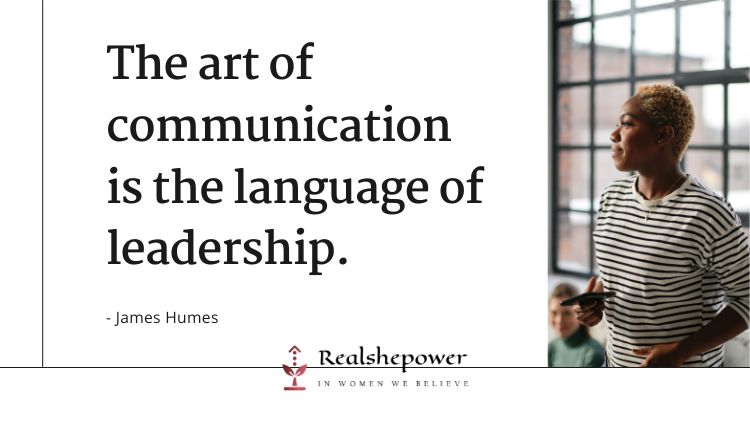
You can now write for RSP Magazine and be a part of the community. Share your stories and opinions with us here.

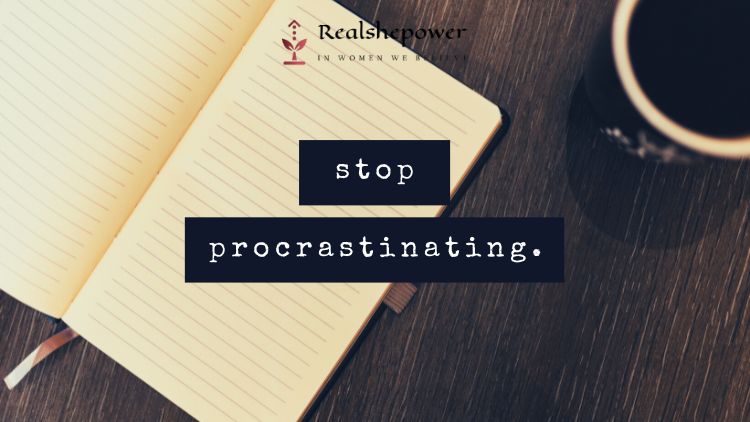
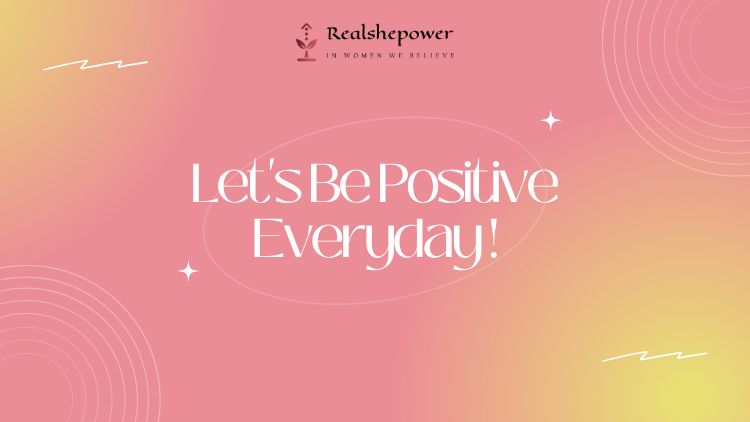
I like this web site very much so much fantastic information.